If we wait until someone has died to learn, we’ve waited too long.
By Kirsten Horsburgh.
Today I met a mother who lost her son to a drug-related death.
I’m not a parent, and I won’t pretend to understand that kind of loss. But sitting with her and hearing about her son, alongside the frustration and unanswered questions she’s been left with was a stark reminder of how much families are expected to endure in silence.
Both she and her husband have been excluded from physically attending the official review into his death. They were offered the option to submit something in writing but for them, that simply isn’t enough. There’s been no invitation to sit in the room, no opportunity to speak to what they witnessed firsthand and no real voice in understanding how the system responded – or failed.
Why? The reasons given are familiar. GDPR. Concerns about equity (If we involve one family, we’ll have to involve them all.) And a discomfort, sometimes even a sense of threat, from services about what it would mean to have families in the room during these reviews. Services often say involving families would be too emotive or overwhelming for them, but these families have already lived through the worst imaginable loss.
Families can offer vital insight. They are often the first to see signs of distress, gaps in support, missed opportunities or systemic blind spots.
Inclusion doesn’t have to be all-or-nothing. Some families may want to be fully involved in the review process; others might prefer to share reflections in writing or be debriefed on key findings. There are ways to build in flexibility, consent and respect.
We also need to have open conversations before tragedy strikes. When someone is accessing services, we should be asking: “Who do you want involved if things go wrong?” or “Is there someone we should speak to if we’re ever really worried about you?” Not everyone will want their family involved, and that choice must be respected.
For many families, the most painful part is being kept in the dark, especially when they know something’s wrong but don’t know how to help. Early consent also opens the door for families to support harm reduction efforts – not just reinforcing abstinence, which can sometimes push people further away, but helping their loved ones make safer choices, reduce risk and stay connected.
This isn’t just about learning after a death. We need to start formally reviewing near-fatal overdoses, too. These moments offer a rare window for change – both in someone’s individual journey and in the systems around them. If we wait until someone has died to learn, we’ve waited too long.
This isn’t a one-off issue. It’s happening across the country and we need a consistent, compassionate approach that gives families a voice and fully resources and equips services.
Families are not a threat to confidentiality or fairness. They are a key part of the picture and a powerful force for improvement and accountability.
If we really want to prevent harms, we must start listening to those who live with its consequences every day.
Kirsten is the CEO at the Scottish Drug Forum. Their mission is to improve Scotland’s approach to drug-related issues, influenced throughout their work by striving for compassionate, inclusive, evidence-informed policy and practice.
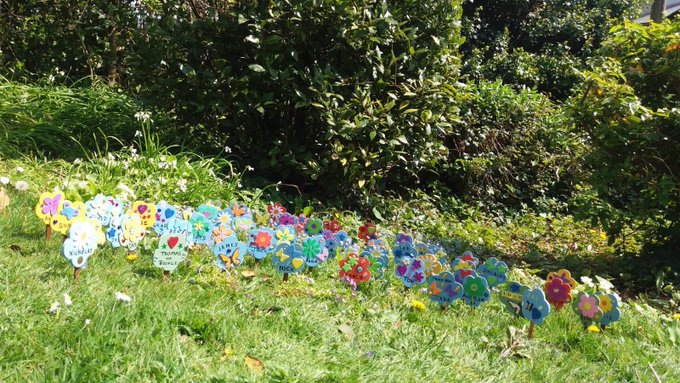
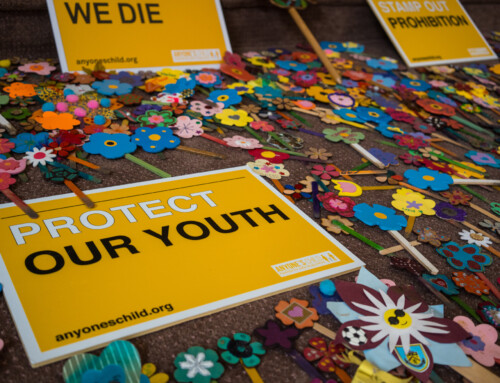

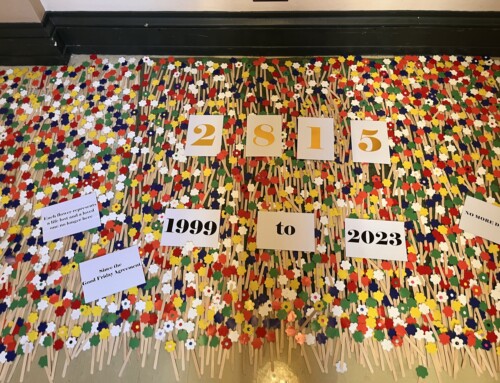
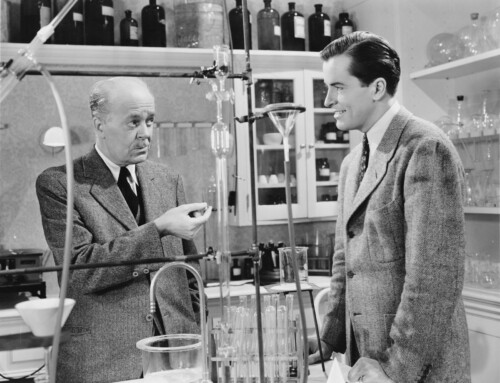
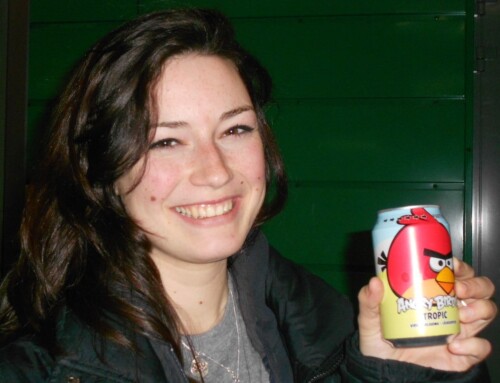
Leave A Comment